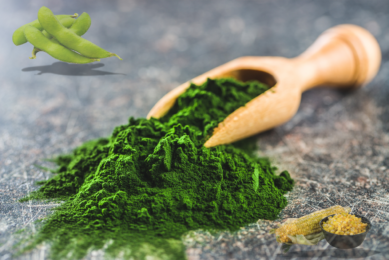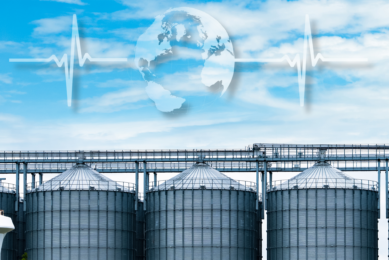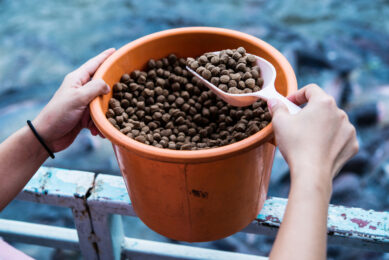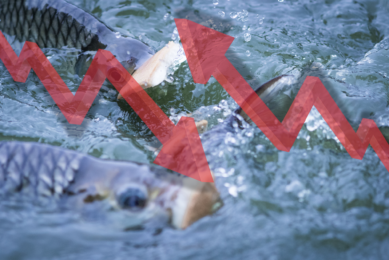200 insect plants to speed up use of insect meal
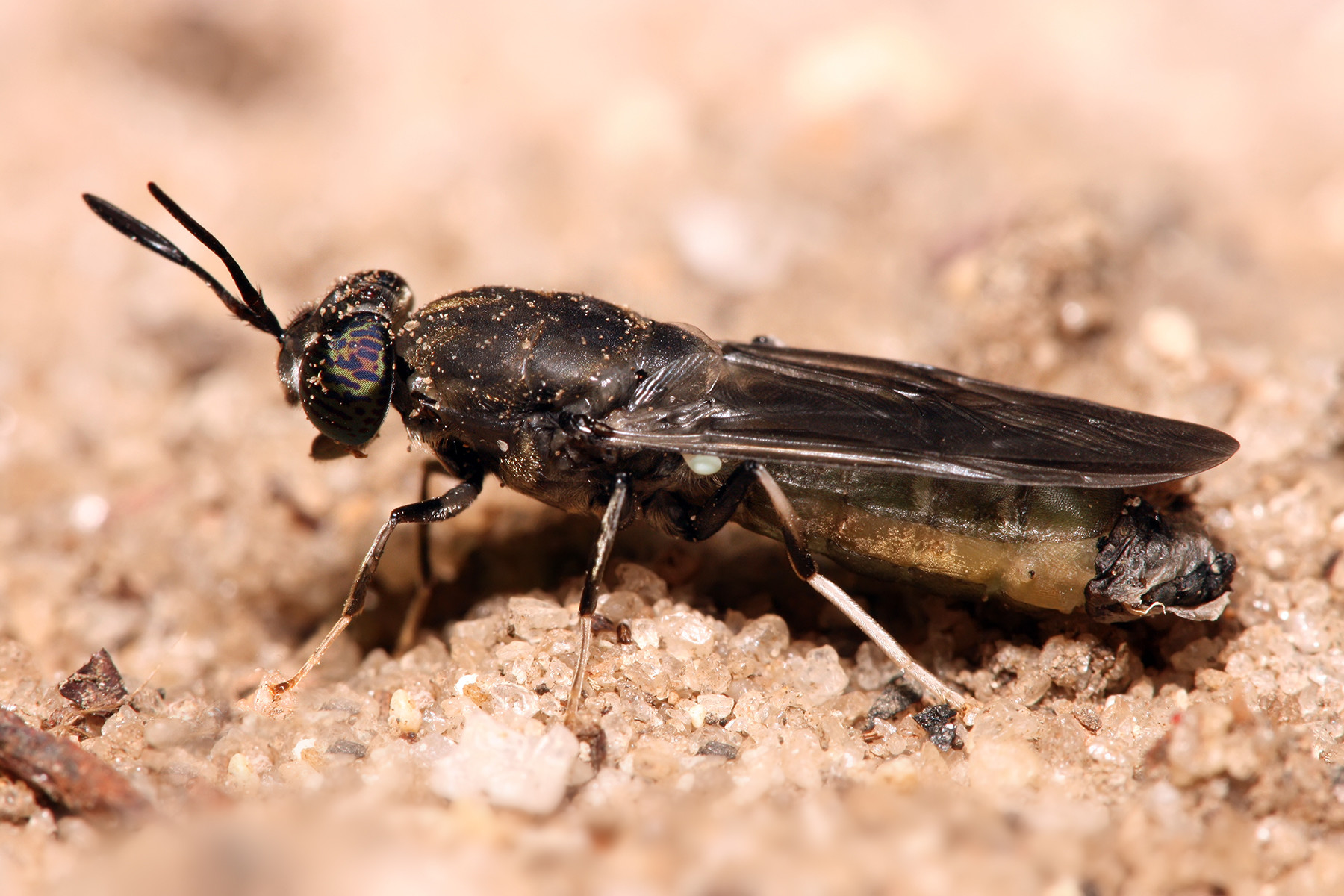
AgriProtein has partnered with international engineering group Christof Industries to build new insect factories to up-cycle organic waste into insect protein for animal feeds.
Using a high-tech blueprint developed with Christof Industries, AgriProtein plans to roll out 100 factories by 2024 and a further 100 by 2027 (200 in total). The USD 10 million partnership will help bring insect protein into the mainstream of feeds used in aquaculture, poultry farming and pet food.
AgriProtein rears fly larvae at an industrial scale on organic waste that would otherwise go to landfill and harvests the larvae to make natural, high-protein feed products as a sustainable alternative to fishmeal and soybean meal. CEO Jason Drew said: “Waste-to-nutrient technology is starting to get traction and price per tonne is key in the fight to replace fishmeal. Christof’s expertise has enabled us to boost output and reduce costs, making us even more competitive and giving us a sound model for rapid global expansion.”
Christof Industries will deliver the factories on a turnkey basis as AgriProtein’s Engineering, Procurement & Construction (EPC) partner. The fly farms will be operated by local licensees of AgriProtein technology in Asia, the Middle East, Europe and the Americas. The contract follows Christof Industries’ upgrade of AgriProtein’s industrial plant in Cape Town, in which it enhanced existing automation to more than double waste-processing capability. AgriProtein is now able to up-cycle up to 91,000 tonnes of organic waste a year to produce up to 7,000 tonnes of insect meal and oil.
Jason Drew added: “Our mission is to find a better way to feed the world. Replacing fishmeal with insect meal in animal feed allows the oceans to heal and reduces greenhouse gases at every stage of the chain from point-of-catch to point-of-sale. It also helps solve the food security challenge and tackle the waste crisis. But we need to move quickly, because the world is running out of fish. With increasing consumer demand for fish and poultry, the FAO has predicted demand for fishmeal will outpace supply by 5 million tonnes by 2024.”
Source: AgriProtein




